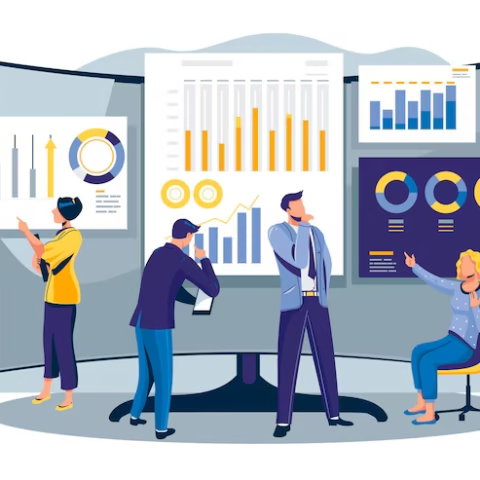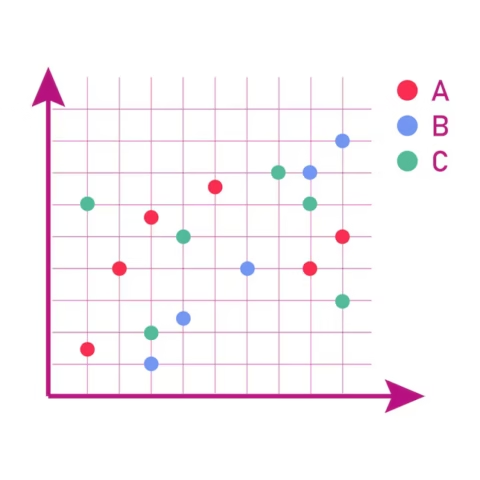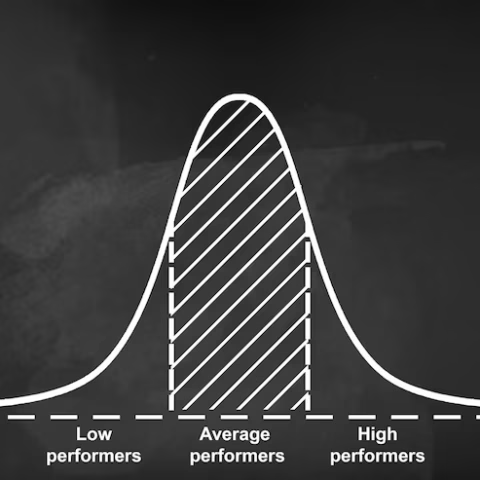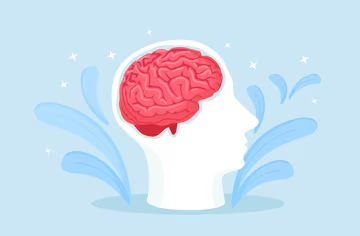
Point-Biserial, Phi Coefficient, Biserial, and Tetrachoric Correlation: 4 Important Types of Correlation
Introduction In psychological and educational research, not all variables are continuous. Many important variables — such as gender, pass/fail outcomes, yes/no responses, or item correctness — are dichotomous (i.e., having











